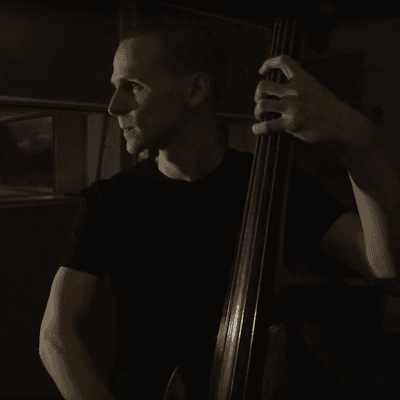Soweto Kinch: White Juju

Full programme
- Soweto Kinch, White Juju (75mins)
Performers

Lee Reynolds
Conductor
Soweto Kinch
Saxophones & Vocals
Rick Simpson
Piano
Nick Jurd
Double Bass
Louis Hamilton-Foad
Drums
Introduction
White Juju is an artistic response to a year of pandemic, racial animus and culture wars. Inspired by events as diverse as the Covid-19, BLM protests and the toppling of racist statues.
The music melds Kinch’s distinct approach to Jazz and Hip Hop with Classical music: drawing broad inspiration from European folklore, the African Diaspora and toxic national myths creating a uniquely contemporary tone poem.
Written for both jazz ensemble and chamber orchestra - the works references everything from bird song, to unicorns, police brutality, 18th century baroque and the black pentecostal church. It draws a sonic trail through the past surreal year of lockdown, playfully creating danceable and layered works, intended to provoke thought and break through an old form of divisive sorcery.
The piece is deliberately danceable, whilst intentionally subverting the perceived elitism of orchestral music. It asks how cultural hierarchies originate and why audiences may feel constrained by stuffy and exclusionary norms. It creatively explores the tension between classical music presented as an impenetrable art-form, and the seismic popular impacts of jazz and hip hop. Are these distinctions based on truth or mere perception?
"The stillness and solitude of lockdown lead to unexpected epiphanies - profound loss lead many to question their values. It enabled people around the world to recognise how many of society’s dividing lines are merely confected - divisions are accentuated to set natural allies against one another."
"There are persistent and seductive national myths that keep racial oppression in tact, on both sides of the Atlantic. ‘White Juju’ describes the media sorcery, algorithmic chicanery and the art of misdirection employed to maintain this racial hierarchy and stop people from unifying." Soweto Kinch
Featured image © Iza Korsak